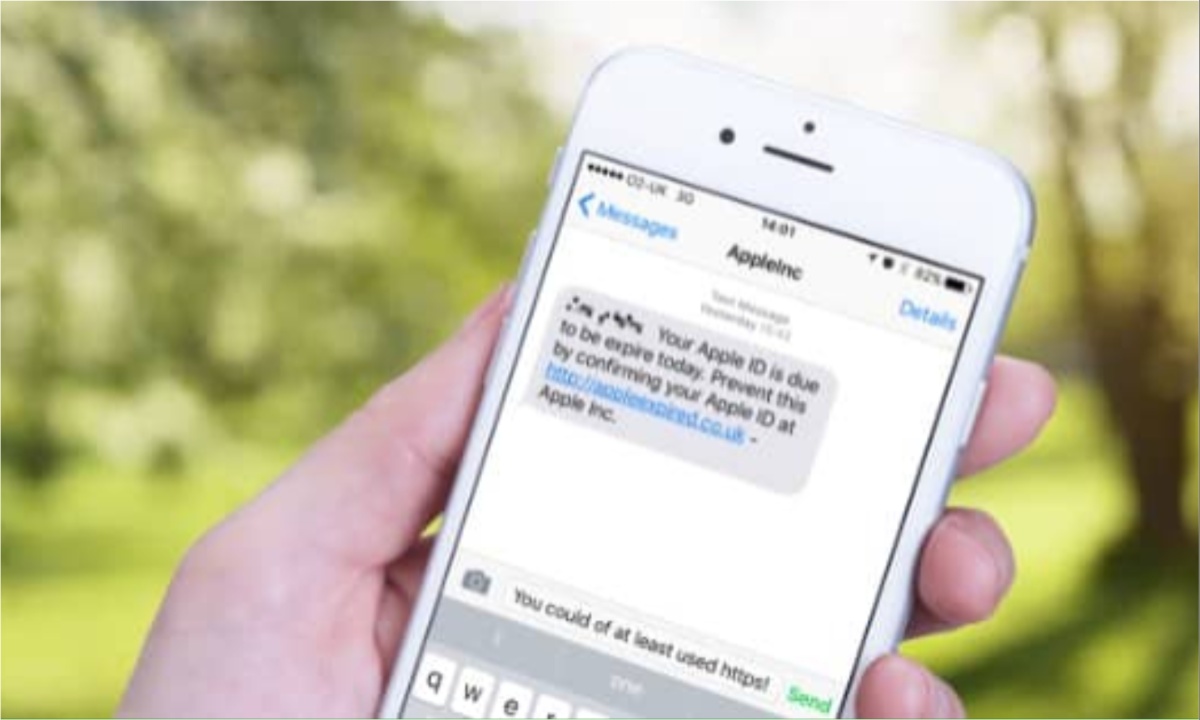Recently, security experts from Symantec have uncovered a serious cyber threat targeting Apple ID users through a sophisticated SMS phishing campaign. The attackers send text messages that impersonate Apple, urging recipients to click on a link for what appears to be an urgent iCloud update or verification.
These links redirect users to fake websites designed to mimic Apple’s login page, complete with a CAPTCHA to appear more legitimate. Once victims enter their Apple ID credentials, cybercriminals gain access to sensitive personal and financial information, as well as control over their devices.
Apple has responded by advising users to enable two-factor authentication on their Apple IDs, which adds an extra layer of security.
It’s crucial to note that Apple never asks users to disable security features like two-factor authentication, and any such request should be treated as suspicious. Symantec has highlighted specific phishing messages, characterized by odd characters and unfamiliar domains, as clear indicators of scam attempts.

These phishing tactics extend beyond Apple users, targeting individuals with messages resembling those from companies like Netflix and Amazon. The Federal Trade Commission warns against responding to such texts and advises contacting companies directly through verified channels if there are account concerns.
To protect against these scams, experts recommend several measures. Firstly, maintaining strong antivirus protection across all devices can prevent clicking on malicious links or downloading malware.
Users are advised not to fall for urgent language in unsolicited messages and to always verify sources independently rather than clicking on provided links. Keeping software updated and implementing multi-factor authentication further enhances security against evolving threats.
In case of a security breach where malware may have been installed, users should scan their devices, change all passwords from a secure device, monitor accounts for unauthorized activity, and consider using identity theft protection services. They should also notify their financial institutions to mitigate potential fraud risks and alert contacts if their accounts have been compromised.
As cyber threats evolve, staying informed and cautious remains paramount. By adhering to security guidelines and adopting proactive measures, individuals can safeguard their personal information and devices from sophisticated cyberattacks targeting Apple IDs and beyond.







Leave a Reply